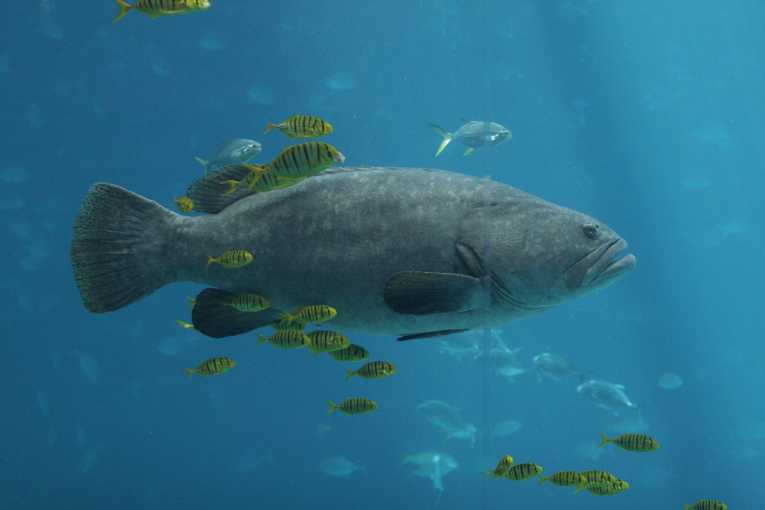Scientists have confirmed that with humans overfishing the big predatory fish at the top of the food chain the smaller fish are thriving in their new niche. People's desire to eat the big fish species, such bluefin tuna, cod and grouper, has meant their numbers have reduced worldwide by a massive 60 percent and now the little sardines, anchovies and capelin are literally surging at the moment
The research undertaken by the University of British Columbia has confirmed what conservationists have believed is happening for many years. The findings were presented at the American Association for the Advancement of Science's yearly meeting held in Washington recently. The presenter of the research findings, Professor Villy Christensen, said ''Overfishing has absolutely had a 'when cats are away, the mice will play' effect on our oceans''. Now it is Christensen's opinion that we have managed to reach the capacity of the ocean to supply the world's growing population with fish: ''By removing the large, predatory species from the ocean, small forage fish have been left to thrive''.
Christensen and his researchers looked at over 200 of the worldwide marine ecosystem models and at over 68,000 different estimates of fish biomass ranging from the early 1880s through to 2007 for their investigation. They found that over half of the population of the bigger predatory fish have been fished and eaten by people in the last 40 years. Rapid advancements in technology has meant that that bigger fish are easier to find and can be fished at deeper levels further from shore.
The problem now is that the smaller fish are being used for feeding larger fish captive in the world's fish farms as fish oil and fishmeal and so this is reducing the numbers available for human consumption. ''It is a very different ocean that we see out there,'' said Christensen. ''We are moving from wild oceans into a system that is much more like an aquaculture farm'' and the aquaculture industry is now increasingly reliant on the smaller fish for feeding their own stocks.
Fish is a really important part of the human diet both in rich and poor countries alike and as we increase our consumption of fish we have had massive impacts on the fish stocks. ''It looks like we are fishing harder for the same or less result and this has to tell us something about the oceans' health. We may in fact have hit peak fish at the same time we are hitting peak oil''. And it doesn't look like demand for fish is going to slow down as Chinese consumers, for whom fish is a very important part of their culture and diet, continue to drive the market.
Even if improved management practices are put in place to protect fish stocks the projections provided by this latest research, when coupled with the expected impacts of climate change, are for further and continued decline. According to Christensen the studies indicate there will still be a double whammy for fish: ''In the sense that higher water temperatures... are going to mean there will be less fish in the ocean''.










